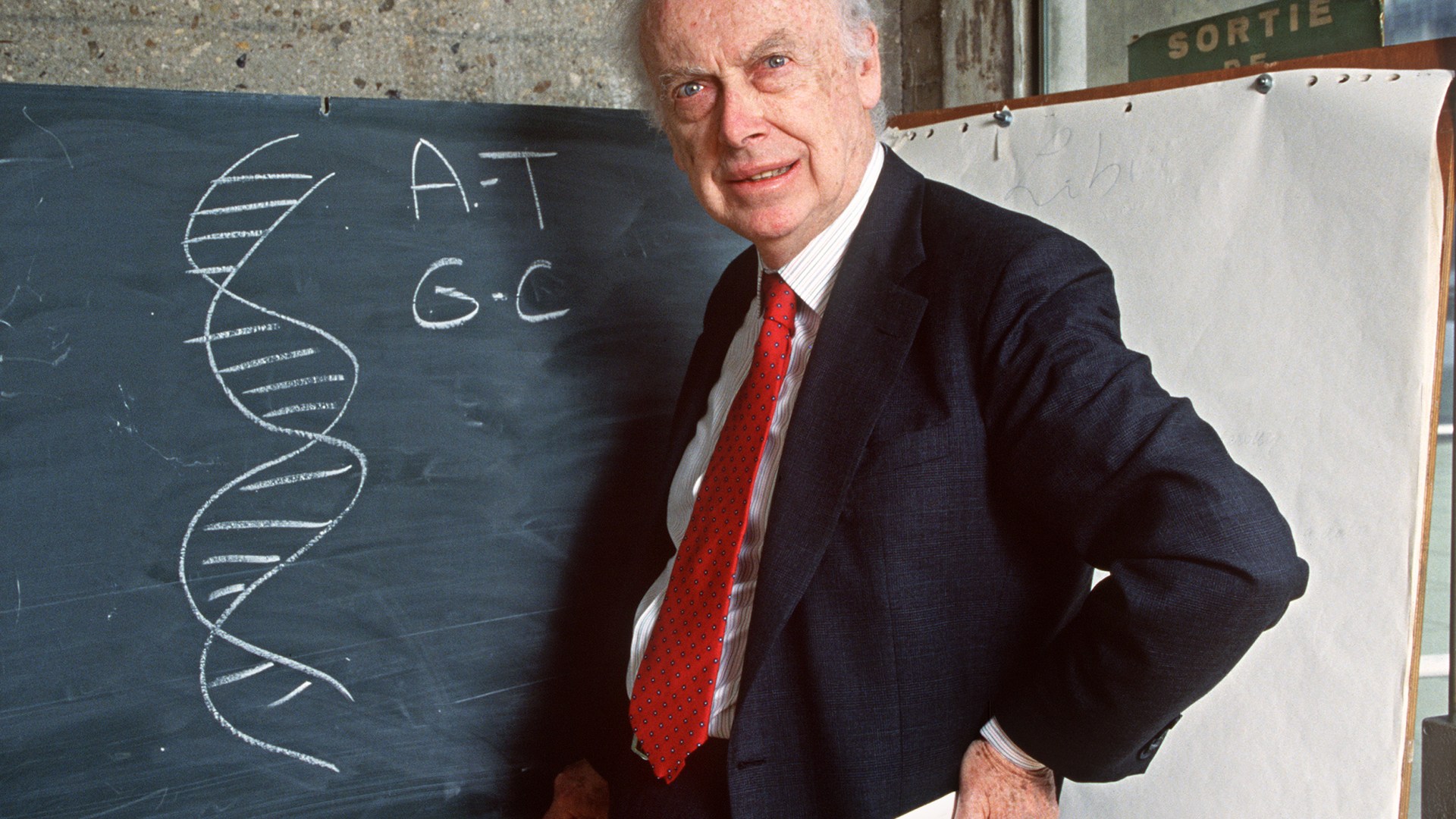James Watson, the esteemed American scientist who co-discovered the structure of DNA, has passed away at the age of 97. His former research laboratory confirmed his death, marking the end of an era for a figure whose work revolutionized multiple fields, including genetics and medicine.
Watson, born in Chicago in 1920, became a prominent figure in science at just 24 years old when he and Francis Crick unveiled the double helix structure of DNA in 1953. This groundbreaking discovery laid the foundation for significant advancements in various areas, encompassing not only biology and genetics but also applications in medicine, forensic science, and genealogy.
Legacy of a Scientific Pioneer
The implications of Watson’s work have been profound. The understanding of DNA’s structure ushered in the field of molecular biology and opened doors to genetic research, which has led to the development of treatments for genetic disorders and the mapping of the human genome. Watson’s contributions earned him the Nobel Prize in Physiology or Medicine in 1962, an accolade he shared with Crick and Maurice Wilkins for their collective efforts in elucidating the structure of DNA.
Throughout his career, Watson was not only a scientist but also a controversial figure. His opinions on various topics, including genetics and race, often sparked debate and criticism. Despite this, his role in the scientific community remained significant, and his pioneering work continues to influence research and ethical discussions today.
A Lasting Impact on Science and Society
Watson’s passing is a reminder of the ongoing importance of scientific inquiry and the ethical considerations that accompany it. His work has not only shaped our understanding of life at a molecular level but has also raised crucial questions about the implications of genetic research in modern society. The effects of his discoveries resonate in contemporary conversations about genetic engineering, cloning, and the ethical responsibilities of scientists.
As the world reflects on Watson’s contributions, his legacy stands as a testament to the power of discovery and the quest for knowledge. The scientific community mourns the loss of a figure who played a pivotal role in one of the most significant biological breakthroughs of the 20th century.







